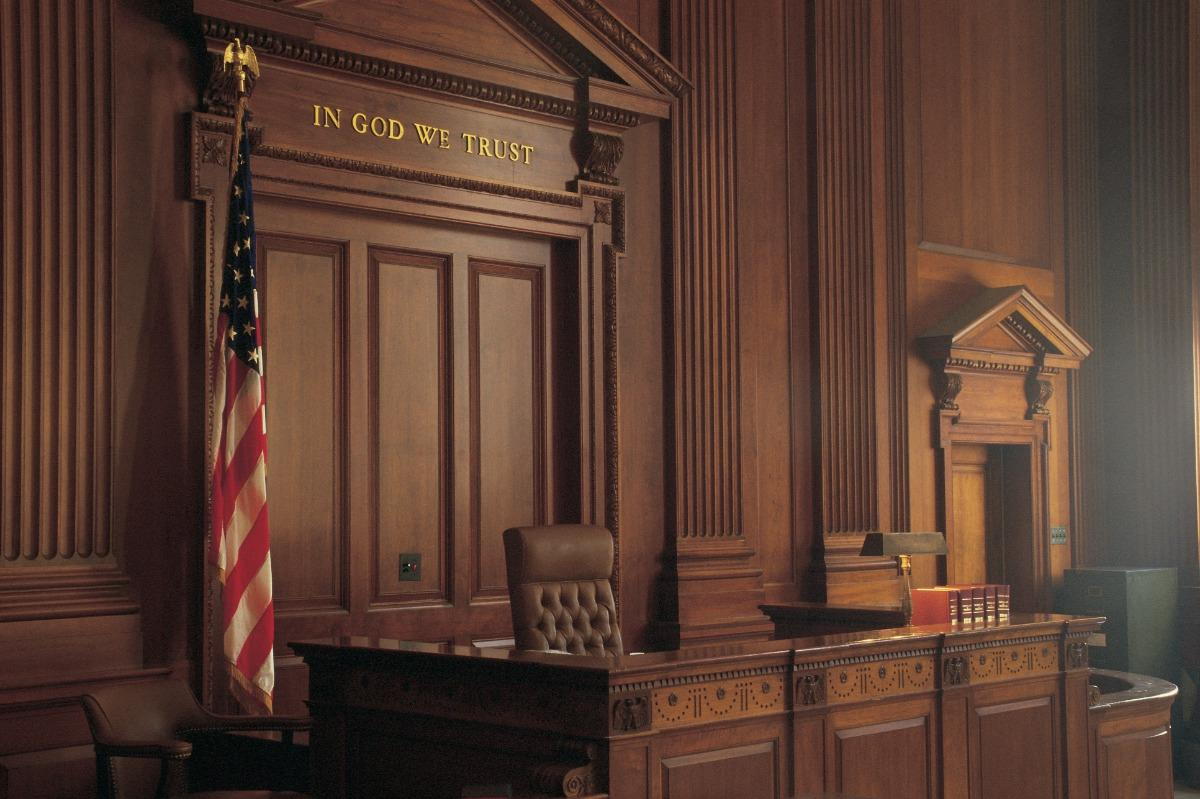
U.S. Appeals Court Rules on Landmark Title VII Sexual Harassment Case
- posted: Sep. 26, 2023
- Employee Rights, Whistleblower Litigation
In a recent ruling, the U.S. Court of Appeals for the Ninth Circuit set a significant precedent in workplace sexual harassment cases. The court's decision in Sharp v. S&S Activewear LLC held that a group of warehouse employees subjected to sexually graphic, violent, and sexist music while they worked could proceed with their Title VII claim of sexual harassment.
Case background
The lawsuit was brought by eight former employees, consisting of seven women and one man. They alleged that S&S Activewear, a company based in Reno, Nevada, created a sexually hostile work environment through the continuous playing of “sexually graphic, violently misogynistic” music in its 700,000 square foot warehouse. The employees claimed that the offensive music was amplified through commercial-strength speakers and, at times, placed on forklifts, making it impossible for them to escape the offensive content. In addition to the music, male employees allegedly engaged in sexually explicit gestures and obscenities and shared pornographic videos alongside the music.
S&S Activewear defended the music as motivational and argued that men and women would be equally offended by the content. However, the Ninth Circuit rejected this argument, stating that conduct may create a sexually hostile working environment based on how employees of different genders experience such behavior. The court emphasized that sexually charged conduct may offend different genders in unique and meaningful ways.
The court's decision drew parallels between this case and prior precedent involving racial harassment claims, noting that allowing employers to escape liability based on equal harassment of all genders would defeat the purpose of Title VII.
The court's decision also emphasized the significance of context in evaluating workplace conduct. One-off, isolated events may not be sufficient to establish a violation, but a pattern of inappropriate conduct can lead to liability. Moreover, S&S Activewear's failure to respond to hundreds of objections from workers was a notable factor in the court's decision to allow the case to proceed.
If your employer is permitting sexual harassment or other forms of misconduct under Title VII, you may be eligible to file a whistleblower complaint. Reach out to a skilled whistleblower attorney at Kardell Law Group to learn more.

